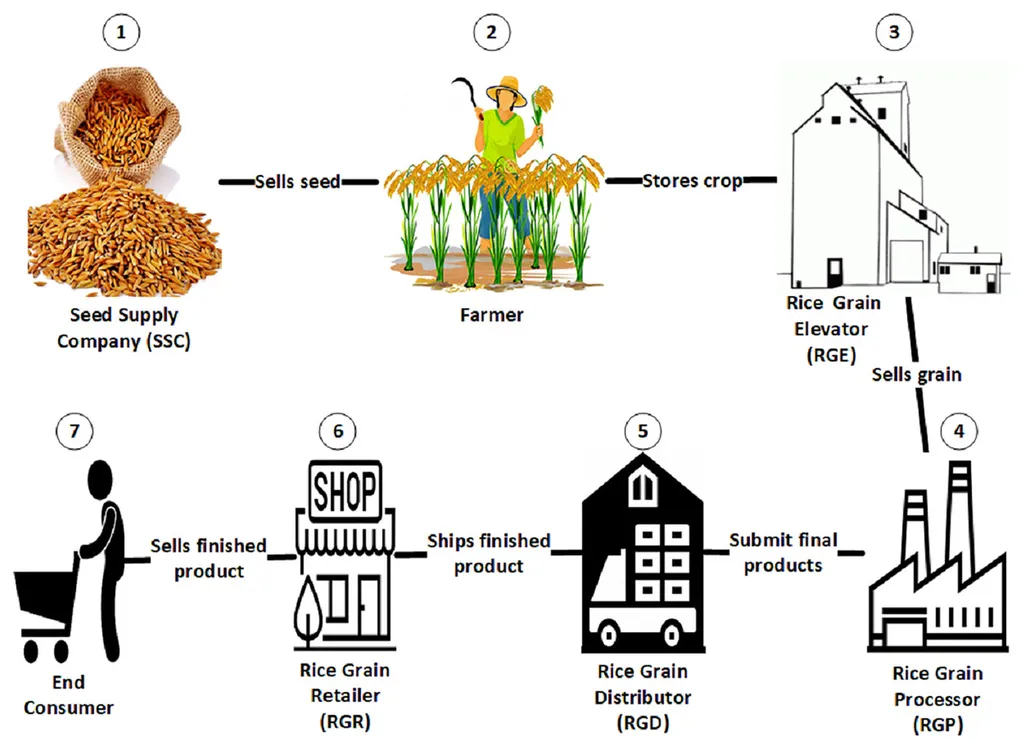In the heart of Portugal’s rice fields, a quiet revolution is taking place, one that could reshape the way we think about food traceability and transparency. The TRACE-RICE project, a Mediterranean pilot initiative, has successfully demonstrated the potential of blockchain technology to bring unprecedented clarity to the rice supply chain. This isn’t just about tech for tech’s sake; it’s about empowering consumers, streamlining processes, and boosting the competitiveness of the agriculture sector.
The project, led by Carlota Gonçalves from the National Institute for Agricultural and Veterinary Research (INIAV), has developed a blockchain-enabled traceability system that links digital records of rice production directly to consumer packaging via QR codes. “We’re not just tracking the rice; we’re tracking the story behind it,” Gonçalves explains. This story includes agronomic data and compliance records from Integrated Production systems, all verified and immutable thanks to blockchain technology.
The pilot, conducted during the 2023 harvest, saw the creation of a Rice Field Data Recording App, built with ArcGIS Survey123. This app digitized field recording processes, enhancing data consistency and reducing the administrative burden on farmers. The system’s potential was further confirmed during the 2024 harvest, with the project scaling to accommodate different rice varieties and production contexts.
The commercial implications are significant. With 174 QR code interactions primarily from Lisbon, the project has revealed valuable consumer engagement patterns. This data could inform future business strategies, with brands able to leverage the transparency afforded by blockchain to build consumer trust and loyalty. “Consumers are increasingly demanding transparency,” Gonçalves notes. “This system gives them a window into the production process, enhancing their trust in the product.”
Moreover, the system supports compliance with the EU Common Agricultural Policy (CAP), potentially simplifying audits and inspections. This could translate to cost savings and improved efficiency for rice producers.
The TRACE-RICE project, published in the journal ‘Foods’, is a testament to the power of blockchain in agri-food supply chains. It’s a model that could be replicated across other sectors, enhancing transparency, sustainability, and competitiveness. As the agriculture sector grapples with the challenges of a rapidly changing market, projects like TRACE-RICE offer a glimpse into a future where technology and tradition converge to create a more transparent, efficient, and trustworthy food system.

